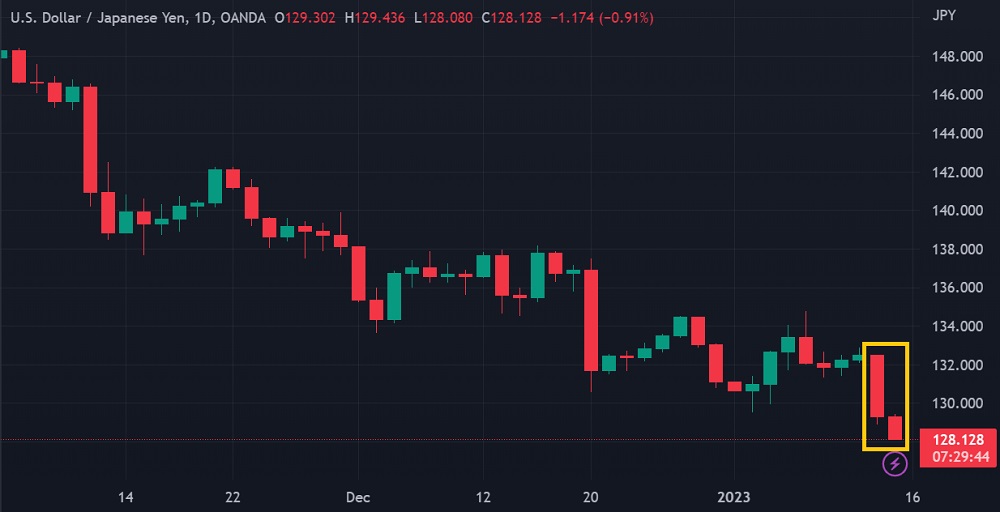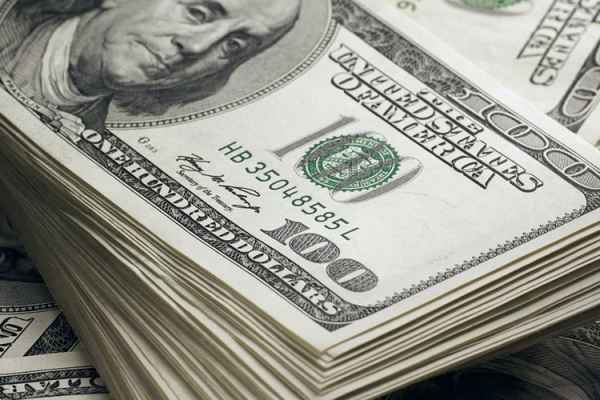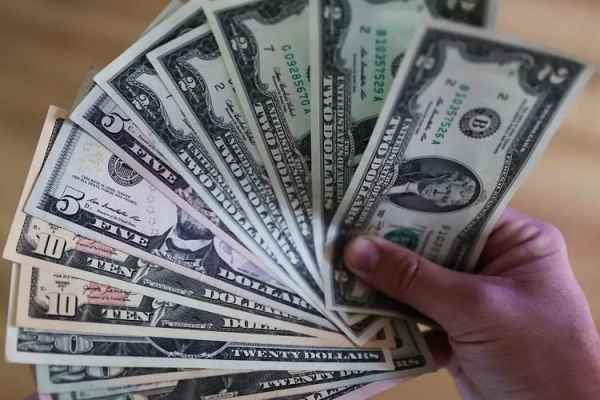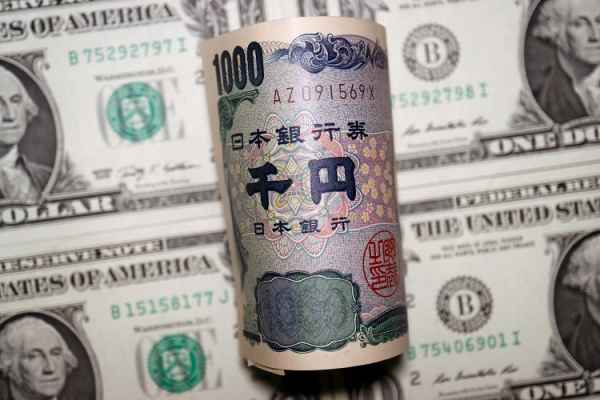USD/JPY has fallen about 3 percent in the past two days, while GBP/JPY and EUR/JPY have fallen to five-month lows.
The Japanese yen was the best-performing major currency in trading earlier this year. USD/JPY fell about 3 percent in the last two days to touch an eight-month record low of around 128.00 in the early New York session on Friday (13/January). GBP/JPY and EUR/JPY also fell to their lowest ranges in the last five months. This cannot be separated from the increasingly widespread market speculation regarding the prospects for changes in the policy of the Japanese Central Bank (BoJ).

Yen buying began to spread yesterday after the Yomiuri reported that next week's BOJ meeting would review the side effects of its loose monetary policy. The same report reveals one more shocking point: The BoJ may take steps to "rectify" the distortions in the Japanese government bond (JGB) yield curve that arose as a result of its yield curve control (YCC) policy.
Various speculations arose about how the BoJ will "rectify" yield curve distortions. A Bloomberg survey of 43 economists showed that 42 respondents believed the BoJ would not change policy at next week's meeting. As many as 38% of respondents expect a policy change in April or June (right after the change of the BoJ Governor), while the majority expect the BoJ's policy normalization to start in July. Meanwhile, Citigroup predicts the BoJ will end its YCC policy next week.
The direction of speculation that tends to be hawkish has prompted Hedge Funds to mobilize short-selling action on Japanese government bonds so that the yield skyrocketed to 0.54% (breaking the BoJ's yield target threshold). This morning the BoJ immediately responded by launching another JGB purchase, but market speculation continued.
"I think the BOJ may be trying to put an end to yield curve control," wrote Naomi Muguruma, Head of Fixed Income Strategy at Mitsubishi UFJ Morgan Stanley Securities, in a recent note, "Once it is clear that the yield curve is out of control, there will be no option left. For the BOJ's policy board other than ending YCC."
Japanese inflation data also supports market expectations. Japan's consumer prices are increasing at the fastest pace in four decades. Even though BOJ Governor Haruhiko Kuroda chuckled at the opinion that the inflation rate would gradually subside, the market considered that a higher interest rate should follow a higher inflation rate.

 Dedicated FREE FOREX VPS
Dedicated FREE FOREX VPS Free FOREX Virtual Private Server
Free FOREX Virtual Private Server MT4 Demo Contest, Get $500
MT4 Demo Contest, Get $500 Sign Up for an Account, Claim 60% Deposit Bonus
Sign Up for an Account, Claim 60% Deposit Bonus Free MT4/MT5 VPS 2024
Free MT4/MT5 VPS 2024 Send E-mail and Get Free Merchandise
Send E-mail and Get Free Merchandise $1K Refer a Friend Bonus for Pepperstone Pro clients
$1K Refer a Friend Bonus for Pepperstone Pro clients Maximize Your Earnings with 100% Deposit bonus
Maximize Your Earnings with 100% Deposit bonus Trade to Win, $5,000 Monthly Demo Contest
Trade to Win, $5,000 Monthly Demo Contest Claim 30% + 15% Deposit Bonus from LiteFinance
Claim 30% + 15% Deposit Bonus from LiteFinance






